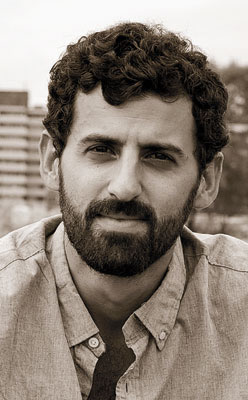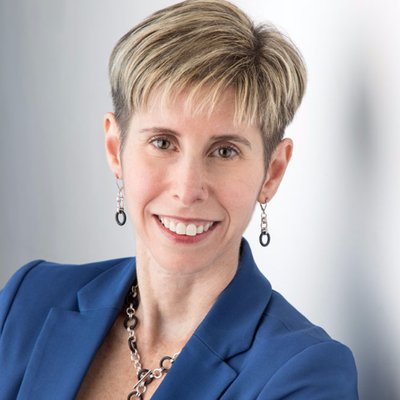If Ran Goel (JD 2007) has his way, every backyard in Toronto will become an organic microfarm. “If we can make farming ubiquitous here, it would be a win-win-win situation for our environment, our communities and our health,” says Goel, co-founder of Fresh City Farms, which focuses on commercial urban agriculture.
Sound radical? Consider Goel’s path to urban farming activist – until recently, he was an investment lawyer in New York. But Goel, 32, has always had a green streak: he researched corporate environmental issues at York University and at the London School of Economics and Political Science. His environmentalism blossomed further at U of T’s Faculty of Law, where, as a student rep on Governing Council, he advocated for more ecologically and socially responsible investments.
In 2011, Goel returned to Toronto and teamed up with his brother and other urban farming enthusiasts – including U of T alumni Abra Snider (BA 2007 UC) and Damian Adjodha (BSc 2000 UTSC) – to form Fresh City. Its goal is a more eco-friendly, healthy and food-secure city through citizen-led farming. At their two-acre farm and 3,000-sq.-ft. greenhouse at Downsview Park, the team teaches aspiring commercial and hobby farmers about growing vegetables naturally. These “member farmers” then cultivate the yards of willing homeowners. The result is mini-farms, which are large organic vegetable gardens with longer growing seasons. So far, about a dozen have sprouted up across the GTA.
Fresh City sells the harvested produce locally, delivering about 250 boxes a week. Members get 50 cents on the retail food dollar – far more than the 20 cents a typical farmer makes. “We’re trying to bring the makers and eaters of food together,” Goel says. “The more people get involved in producing their own food, the better it is for people and the planet.”
Recent Posts
People Worry That AI Will Replace Workers. But It Could Make Some More Productive
These scholars say artificial intelligence could help reduce income inequality
A Sentinel for Global Health
AI is promising a better – and faster – way to monitor the world for emerging medical threats
The Age of Deception
AI is generating a disinformation arms race. The window to stop it may be closing





